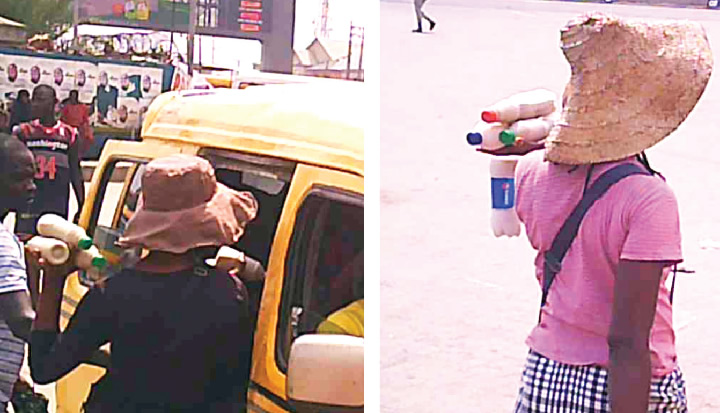Dr Kemi Ogunyemi, the Special Adviser to the Lagos State Governor on Health, speaks to VICTORIA EDEME on the cholera outbreak in the state.
What are the primary causes of the recent cholera outbreak in Lagos State?

There have always been cases of cholera in Nigeria. We typically have isolated cases that we treat. However, we observed a surge in cholera cases between the 10th and 11th of June 2024. This increase qualifies it as an outbreak. The top three affected local government areas are Lagos Island, Kosofe, and Eti-Osa. The Nigeria Centre for Disease Control and Prevention anticipates cholera outbreaks, particularly during the rainy season, as is the case now. Firstly, this doesn’t surprise us. Secondly, we know the necessary steps to take when such outbreaks occur. It largely relates to environmental conditions and what I refer to as the social determinants of health. There are areas lacking adequate clean water, relying instead on wells. Open defecation is also prevalent. When it rains, these factors result in faecal matter contaminating water sources like wells. Other contributing factors include flooding when canals overflow and poor sanitation practices. What we observed was a sudden increase followed by a decline due to our prevention campaigns and efforts to raise awareness, encouraging regular handwashing. So, that’s the crux of the matter.
What specific factors contributed to the increased prevalence of cholera in those particular areas and regions you mentioned?
When there’s an outbreak like this, we have Environmental Health Services officials from the Ministry of Health and the Ministry of Environment who go around ensuring that the environment is kept clean. So when we noticed an increase in cases in Eti-Osa Local Government Area of Lagos specifically, we went there to investigate. We carried out a survey and found that the common denominator, which was one of the deadly factors, was a tiger nut drink. People who came to the hospitals all identified that they had drunk tiger nut drink. We couldn’t just take their word for it, so we had to take that drink and test it to see what was in it. We immediately sent people out to look for those selling it so we could take a sample. We found empty bottles with a name on them, but we discovered that it wasn’t even registered with the National Agency for Food and Drug Administration and Control, the regulatory body that ensures the safety of consumables. There was a phone number and a name on the bottle, and we started tracing. We did contact tracing, similar to what we did with COVID-19. We combed the area to ask people where they got the drinks from. We couldn’t find any full bottles. We only found empty ones, which were of no use because we could not test them. The phone number on the bottle was not reachable. From our investigations, we realised that the beverages were not registered, so the producers hadn’t gone through the processes to ensure that what they were producing was safe for the public to consume. We traced it to that. Of course, cholera is also water-borne, so we took samples of the water to test it. The bottom line is that we took stool samples because different things cause diarrhoea. It could be anything else. We found out that it was confirmed cholera, specifically Vibrio cholera subtype 01, which is the most infectious and aggressive type. There are different types, but we identified this one. In Lagos Island, Eti-osa, and Kosofe, we recorded the highest number of cases that went to the hospital. I’m not talking about reported cases. These are the people who did the right thing by going to the hospital to complain of symptoms, and they were treated. That’s when we were alerted. When the hospitals report cases, we are notified, and we set up an emergency office in Yaba to swing into action. That’s what we’ve been doing since. We continue to test everyone’s stool specimens. Unfortunately, we can’t test everyone because most have already taken antibiotics, which doesn’t give us a good sample. We test those who just came and have not taken anything at home. Hence, part of our campaign is to advise people not to take antibiotics. Pharmacists should not sell them antibiotics. They should come straight to the hospital for testing. We provide oral rehydration therapy, which is crucial during cholera symptoms. It doesn’t mean the other local governments didn’t have cases, they did, but the numbers started decreasing. We were quite relieved because there was a day when we didn’t have any new cases. However, we anticipated an increase after the Ileyah celebrations, which indeed happened. Unfortunately, we also had an increase in deaths. That’s the unfortunate part. More people have died, and about three of them were already dead upon arrival from home. From our history, we realised they had diarrhoea and vomiting for the past two or three days, but they never came to the hospital. They were probably treating themselves locally, which we advise against. That’s how we know. We’re hoping for a decline as we continue our efforts in the community.






